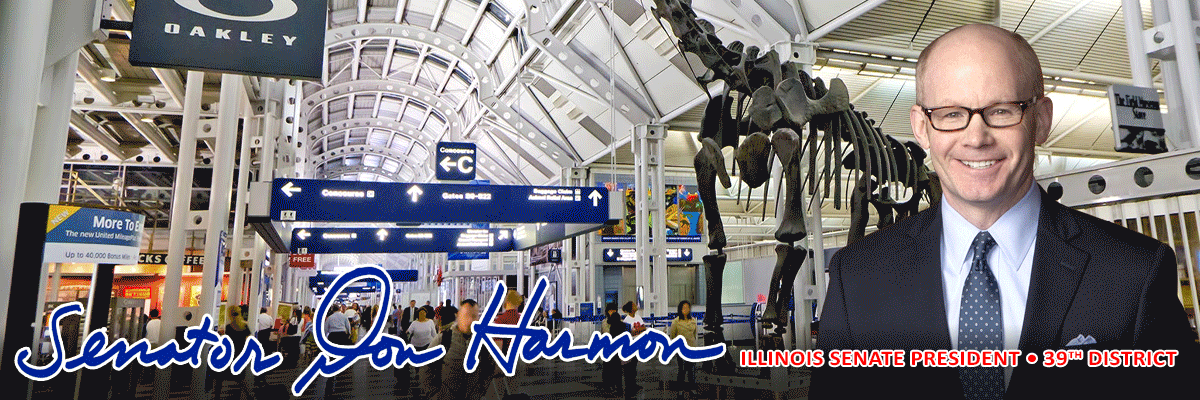SPRINGFIELD – State Don Harmon (D-Oak Park) issued the following statement on the Illinois Senate’s vote to expand Medicaid coverage to more than 300,000 people, an expansion that will be 100 percent paid for by the federal government in its first three years and at least 90 percent covered after that.
“Today, the Illinois Senate said that hundreds of thousands of uninsured people deserve access to health care. We’ve told them that we value them as human beings and that they shouldn’t have to rely on emergency rooms for routine care. I firmly believe that we are doing the right thing, and I urge the House and the governor to take action on this plan as soon as possible.
“Not only are we doing the right thing by providing coverage for low-income people who currently don’t have it, we’re doing the smart thing. Providing access to primary and preventive care in physicians’ offices and community health centers is a far more rational approach to health care than relying on high-cost emergency room visits for more routine matters. We’re helping people live healthier lives and avoid hospital stays that can impose heavy costs on them and on all taxpayers.”
Key components of Senate Bill 26:
• All adults with incomes at or below 138 percent of the Federal Poverty Limit ($15,415 for an individual) will be able to enroll in Medicaid starting January 1, 2014. Currently, adults are eligible for Medicaid only if they have disabilities or care for dependent children.
• The federal government will reimburse Illinois for 100 percent of the costs of covering these newly eligible enrollees through 2017.
• The reimbursement rate will decrease gradually after 2017 but stay at 90 percent after 2020.
• If the federal government fails to reimburse the state at 90 percent or above, the newly eligible clients will become ineligible; Illinois will not be stuck with the bill.
Expected benefits include
• Access to routine, coordinated care for 342,000 low-income adults
• Fewer unnecessary and uncompensated emergency room visits
• An influx of $1.1 billion in federal dollars in the first year and more than $12 billion in federal funds in the first eight years of the expansion
• Job creation in the health care sector
• $105 million in annual savings to the state as federal funds replace state expenditures on mental health, HIV/AIDS drugs and other areas of spending
• A reduction in the burden on hospitals and local government currently caring for the uninsured
• Better preventive care and mental health care for a vulnerable segment of the population




